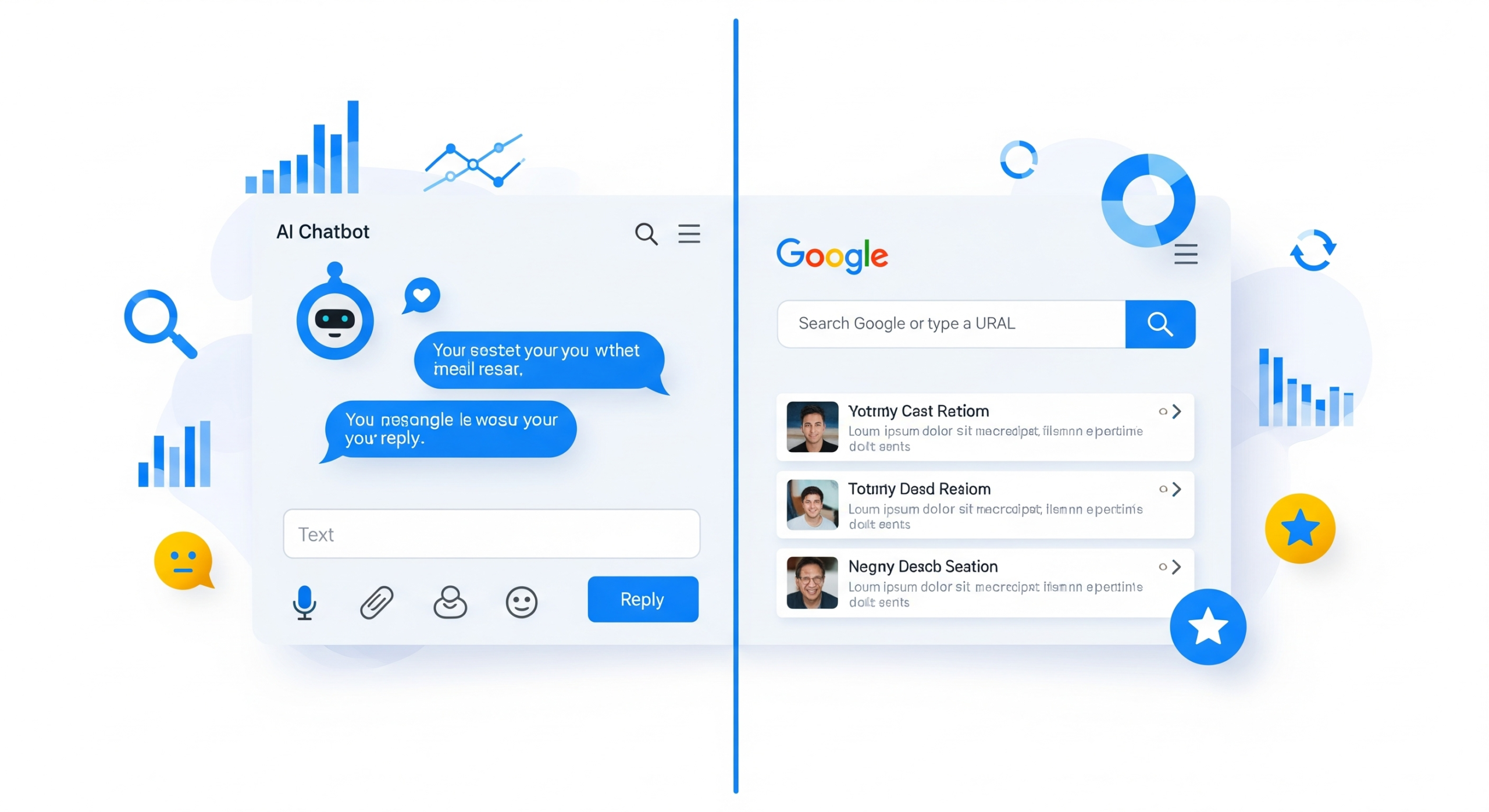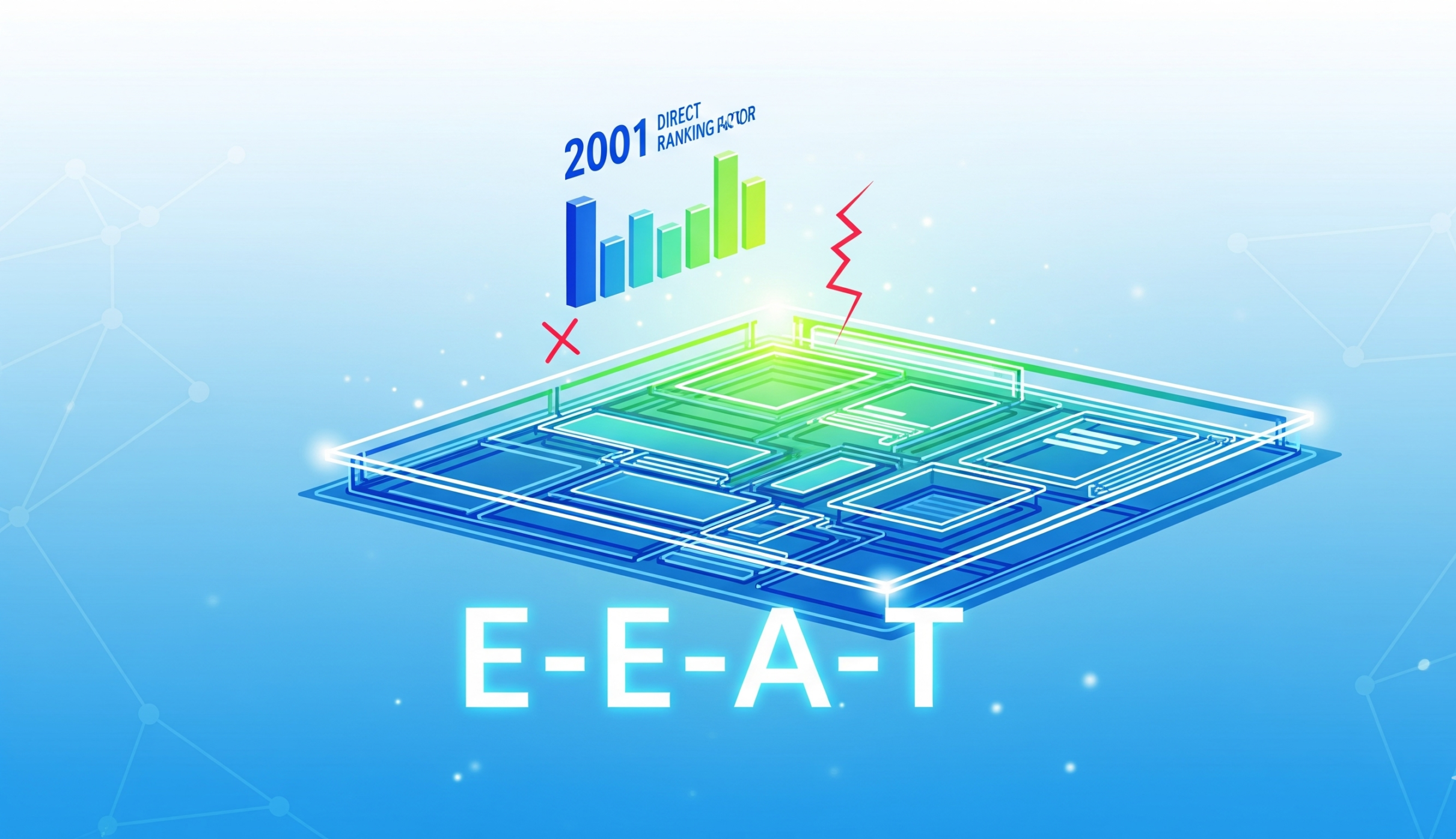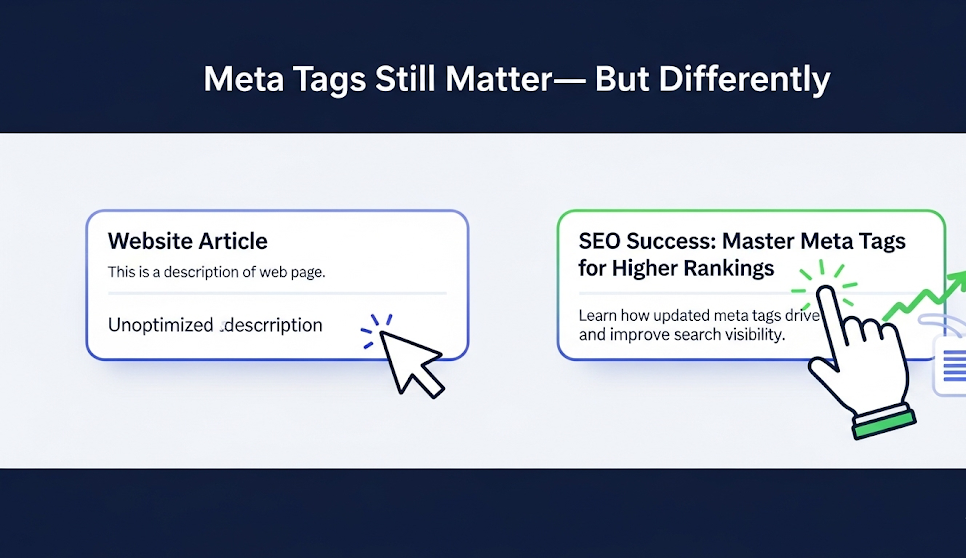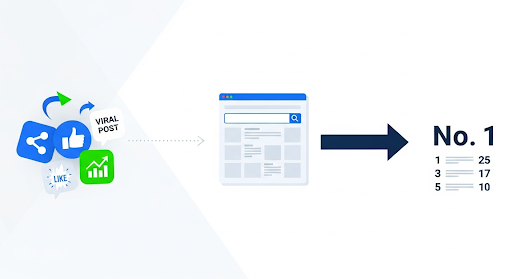SEO is one of those fields where myths spread faster than facts. Every few months, someone claims SEO is dead, AI will take over, or backlinks don’t matter anymore. The truth? SEO is evolving—not disappearing. If you’re serious about ranking higher, attracting organic traffic from search results, and building long-term authority, then you need to separate SEO myths from reality. Let’s break them down one by one.
SEO Is Dead (Why It Won’t Disappear)
“SEO is dead” has been said since Google’s earliest updates. Yet organic search remains the largest driver of website traffic worldwide. According to BrightEdge, 68% of online experiences start with a search engine, and SEO-generated leads have a far higher close rate than outbound efforts.
The reality is, SEO has shifted from keyword stuffing and link spamming to a more user-centric approach. Search engines are smarter, and so are users. Businesses that invest in SEO today enjoy long-term visibility, compounding traffic, and reduced reliance on paid ads.
SEO isn’t dead. It’s simply evolving to match how people search.
AI (ChatGPT & Co.) Won’t Replace Google Search

AI tools like ChatGPT changed how people find answers, but they haven’t replaced Google. Data from Similarweb shows Google still dominates with over 90% of the global search market share. Users may experiment with AI chatbots, but when they need verified, up-to-date information, they still turn to search engines.
Instead of fearing AI, smart marketers are combining it with SEO. AI can speed up keyword research, content ideation, and optimization—but ranking on Google still means playing by Google’s rules. AI enhances SEO; it doesn’t replace it.
Also Check: 9 Powerful SEO Content Prompts to Boost Your Website’s Ranking
Quality > Quantity: Content Length Myths

One of the biggest myths: “longer content always ranks better.” That’s not the full story. Yes, studies by Backlinko and HubSpot show top-ranking pages often exceed 1,500–2,000 words, but length alone isn’t the reason.
Google rewards content that answers intent completely. Sometimes that takes 300 words. Sometimes 3,000. A concise product page can outrank a bloated blog post if it satisfies the query better.
Here’s the thing: aim for depth, not word count. Cover subtopics, add examples, and anticipate follow-up questions. Forget “X words or bust”—quality beats length every time.
Also Check: Top 2100 + Article Submission Sites 2025
Zero-Click Searches Don’t Kill SEO

About 58% of Google searches end without a click (SparkToro). That sounds like bad news for SEO, but it’s not the whole picture. Zero-click searches—like weather updates or quick definitions—usually cover simple queries.
For commercial and informational searches, users still click results. And here’s the opportunity: optimize for featured snippets, People Also Ask boxes, and local packs. Even if you don’t get a click, you gain visibility, credibility, and branding.
Smart SEOs see zero-click searches not as a threat, but as a stage for free exposure.
E-E-A-T Is Not a Direct Ranking Factor

Google’s E-E-A-T (Experience, Expertise, Authoritativeness, Trustworthiness) framework is crucial, but it isn’t a ranking factor like keywords or backlinks. Instead, it’s part of Google’s Search Quality Rater Guidelines—a benchmark for what high-quality content should look like.
Signals that influence E-E-A-T include:
- Author bios with credentials
- Trusted references and citations
- Positive brand reputation across the web
Bottom line: E-E-A-T matters because it guides how Google evaluates trust, but it’s the signals you build that affect rankings.
More Backlinks ≠ Always Better

Backlinks remain vital, but it’s not about how many—it’s about where they come from. One link from a high-authority, relevant site (like Forbes or HubSpot) outweighs hundreds from low-quality directories.
Google has repeatedly said link schemes and spammy link-building can hurt more than help. Quality backlinks signal credibility, while quantity without context is noise.
Also Check: 1500+ Free Social Bookmarking Sites List with Do Follow Links 2025
Focus on:
- Digital PR and guest posting
- Resource link-building
- Content worth referencing
Links should be earned, not bought in bulk.
Meta Tags Still Matter—But Differently

Meta tags (title tags and descriptions) don’t directly affect rankings the way they used to. But they still play a huge role in click-through rates (CTR).
A compelling title and description can mean the difference between ranking at #5 with 3% CTR or ranking at #5 with 15% CTR. That extra engagement also feeds back into SEO signals.
Think of meta tags as your first sales pitch on Google. Make them concise, keyword-optimized, and benefit-driven.
Social Signals Don’t Directly Influence Rankings

A viral LinkedIn post won’t push your site to page one. Google confirmed social signals aren’t a direct ranking factor. But ignoring them is a mistake.
Why? Because social traffic drives:
- Brand visibility
- Link opportunities (when content gets shared widely)
- Faster indexing (as content spreads)
Social media amplifies SEO indirectly. Treat it as a distribution channel, not a ranking hack.
Voice and Mobile Searches Aren’t Minor Fads

Over 60% of Google searches now come from mobile devices (Statista). Voice search adoption is also climbing with Alexa, Siri, and Google Assistant. These aren’t fads—they’re user habits.
Optimizing means:
- Using conversational keywords (how people speak, not type)
- Ensuring mobile-friendly, fast-loading sites
- Structuring content for quick, spoken answers
If you’re not optimized for mobile and voice, you’re leaving traffic on the table.
SEO Is Ongoing—Not a One-Time Setup
Many businesses treat SEO like a project: set it up, and it’s done. That’s a myth. SEO is continuous because:
- Algorithms evolve constantly
- Competitors update their content
- User behavior shifts
Think of SEO like fitness. One workout won’t keep you in shape. Consistent effort keeps you ahead.
Bonus Myths
Quickfire debunks:
- AI Content Penalties: Google doesn’t penalize AI content. It penalizes low-quality content, regardless of how it’s produced.
- Near-Me Search: Not every “near me” query needs exact geo keywords. Google auto-detects user location.
- Old Content = Dead Content: Updating content keeps it alive. Evergreen content can rank for years with small tweaks.
Interactive Myth Quiz: “Myth or Fact?”
Add a short quiz widget where readers guess if statements like “Backlinks don’t matter” are myths or facts. Instant engagement booster.
Key Takeaways
- SEO is evolving, not dying.
- AI enhances SEO—it doesn’t replace search engines.
- Quality, not content length, wins rankings.
- Zero-click searches are visibility opportunities, not threats.
- Backlinks, E-E-A-T, and meta tags still matter—but in nuanced ways.
Final Thoughts:
Want to stay ahead of SEO myths and strategies that actually work? Subscribe to our newsletter and get practical SEO tips straight to your inbox.
For businesses ready to put these insights into action, explore SEO services in Delhi and see how expert strategies can boost your rankings, traffic, and growth.
FAQ – SEO Myths
Q1. Is SEO still worth investing in 2025?
Yes. Organic search remains one of the most cost-effective, long-term channels. Paid ads stop driving traffic when you stop paying, but SEO compounds results over time.
Q2. Can AI-generated content rank on Google?
Yes, as long as it’s helpful, original, and satisfies user intent. Google doesn’t care who or what wrote it—it cares if it’s useful.
Q3. How long does SEO take to show results?
Typically 3–6 months, depending on competition, site authority, and consistency. SEO is a marathon, not a sprint.
Q4. Do small businesses really need SEO?
Absolutely. Local SEO, in particular, can drive foot traffic, calls, and leads without big ad budgets.
Q5. What’s the biggest SEO myth of all?
That SEO is “one and done.” It’s ongoing and needs continuous updates to stay competitive.

I’m Shivam Panchal, an SEO expert and digital marketer from Delhi. I run SEO Shades, where I share practical SEO tips, link-building strategies, and website growth hacks. With over 3 years of experience, I help businesses boost their online visibility and rank higher on Google.


